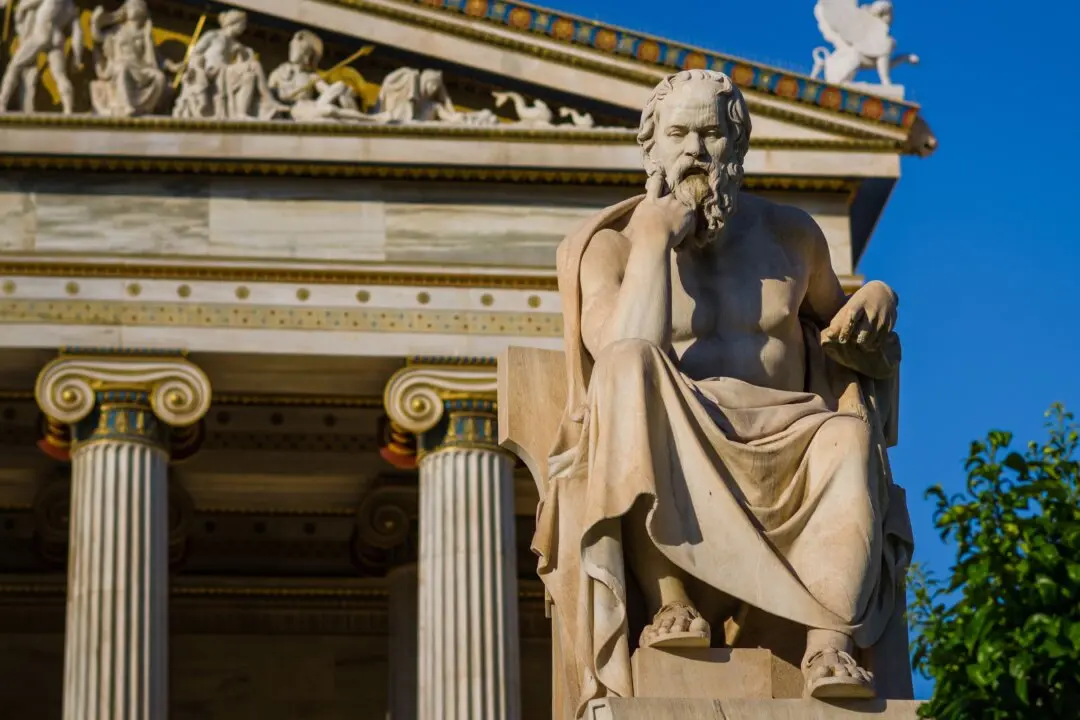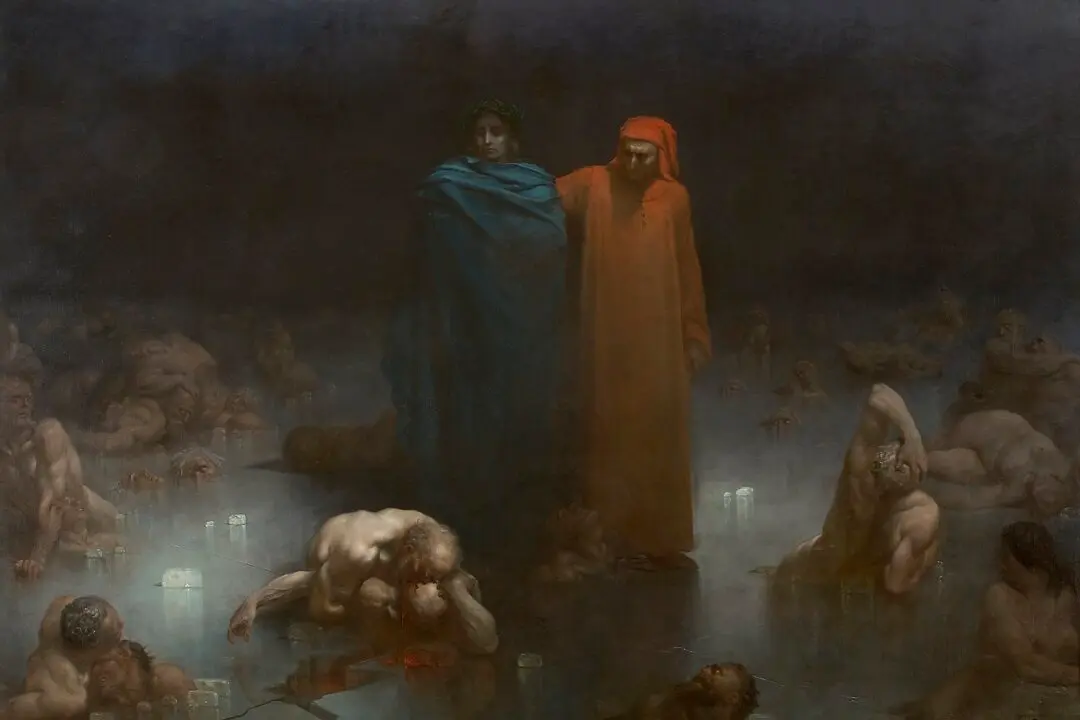Commentary
Several months ago, a professional acquaintance of mine died after a long and happy married life, a distinguished academic career with many books written and essays and reviews published in top periodicals, and a liberal philosophy nicely intact in this age of confusion.





